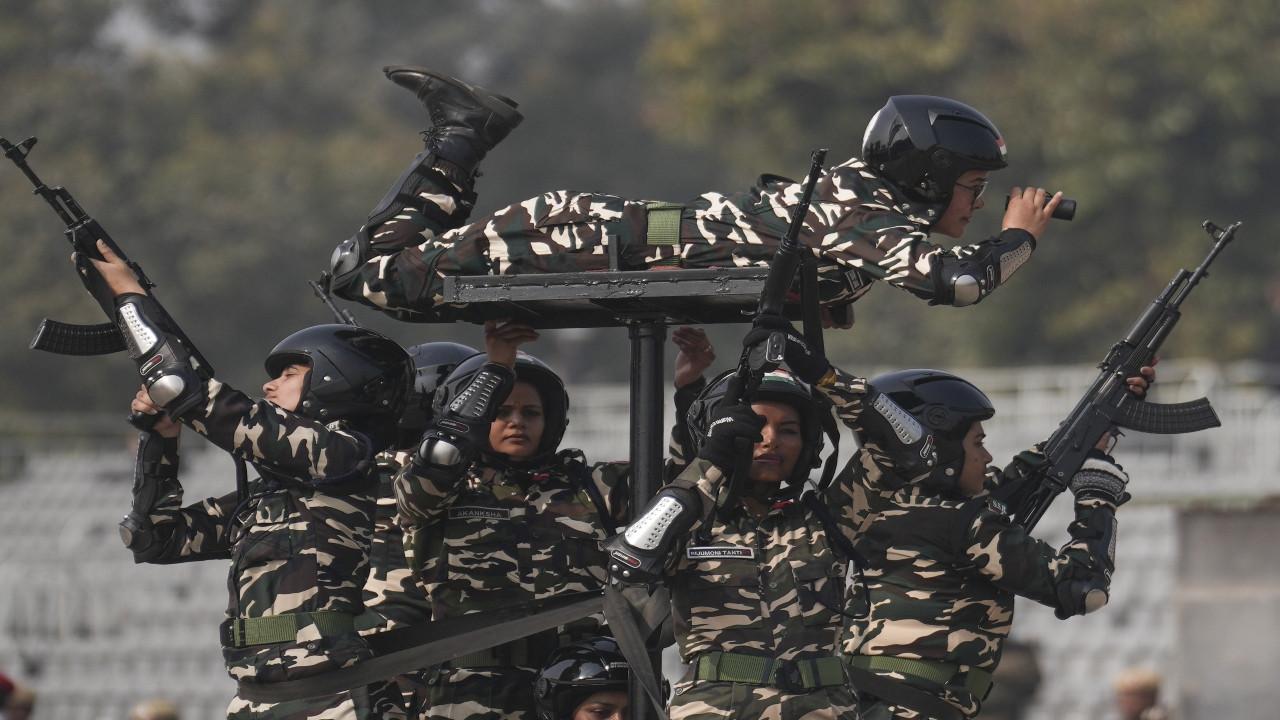Home / News / India News / Photos /
IN PHOTOS: Congress, PDP protest on Article 370 Abrogation anniversary
Updated On: 05 August, 2024 10:30 PM IST | Sanjana Deshpande
The fifth anniversary of the abrogation of Article 370, which granted special status to Jammu and Kashmir, revealed significant political divisions in the region. Pics/ X
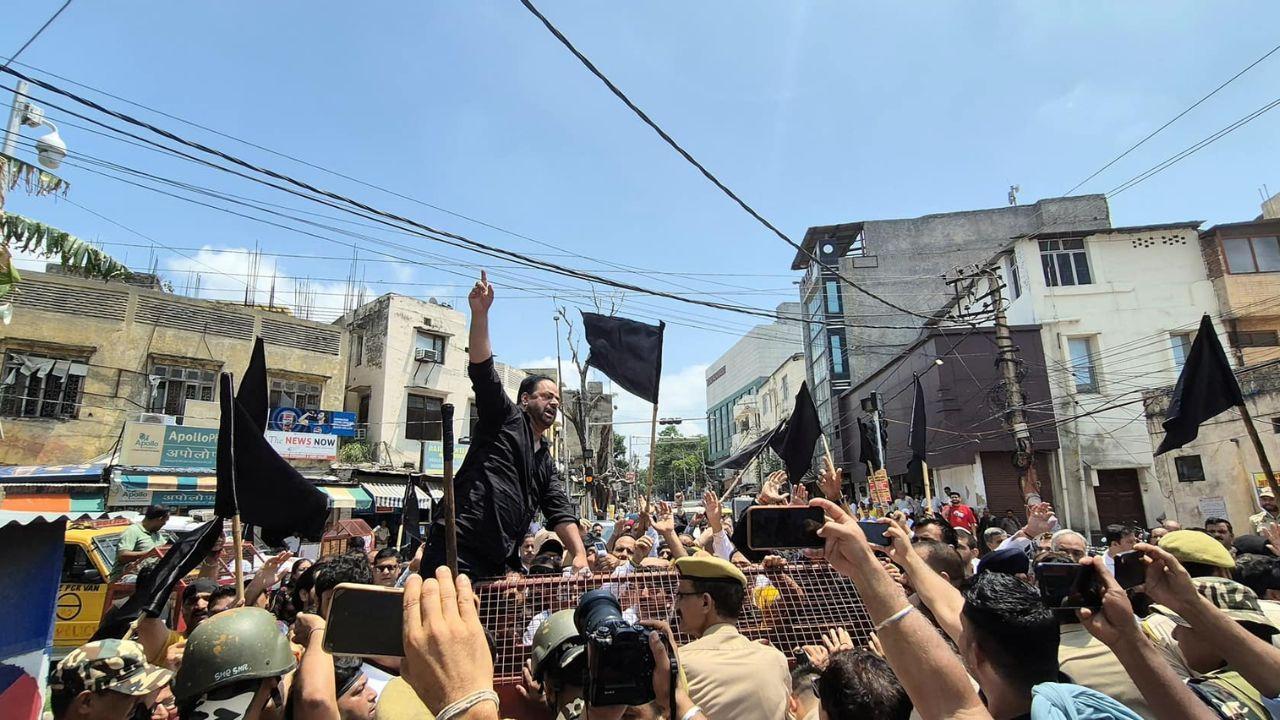
1/9
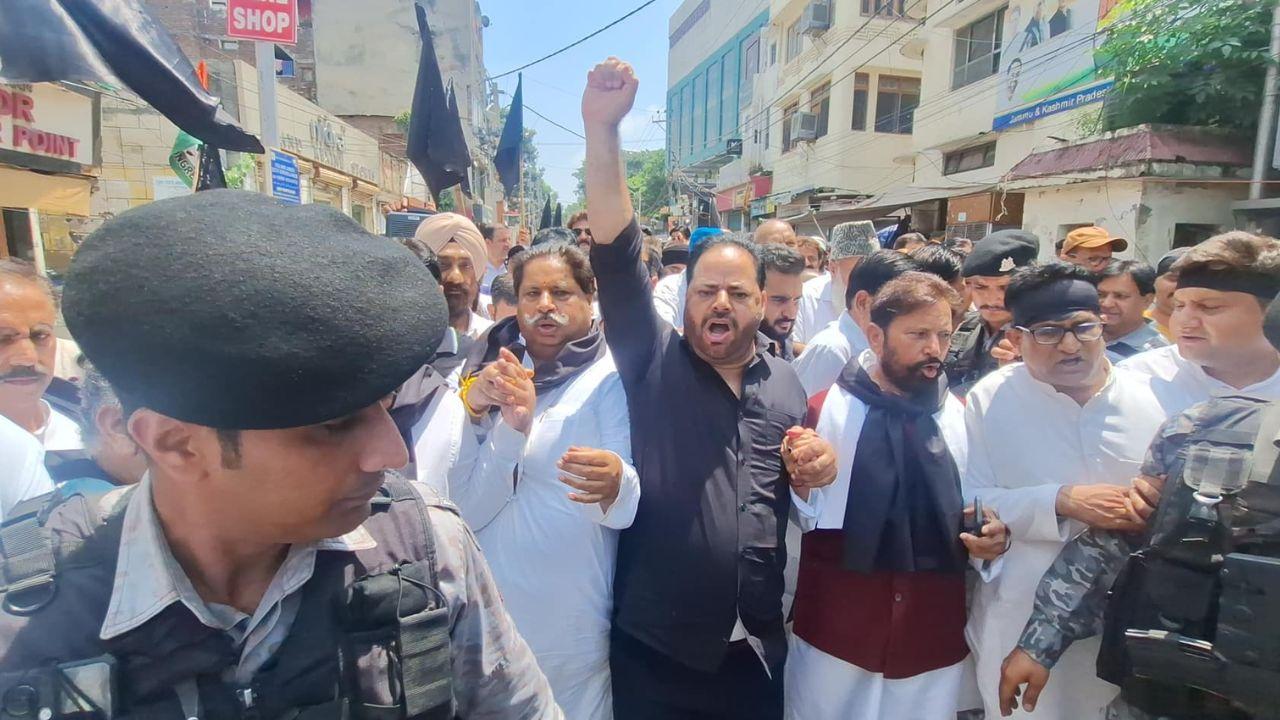
2/9
While the ruling Bharatiya Janata Party (BJP) celebrated the government`s decision, regional parties like Congress and the People`s Democratic Party (PDP) held protests, marking the day as a "black day" for Jammu and Kashmir.
ADVERTISEMENT
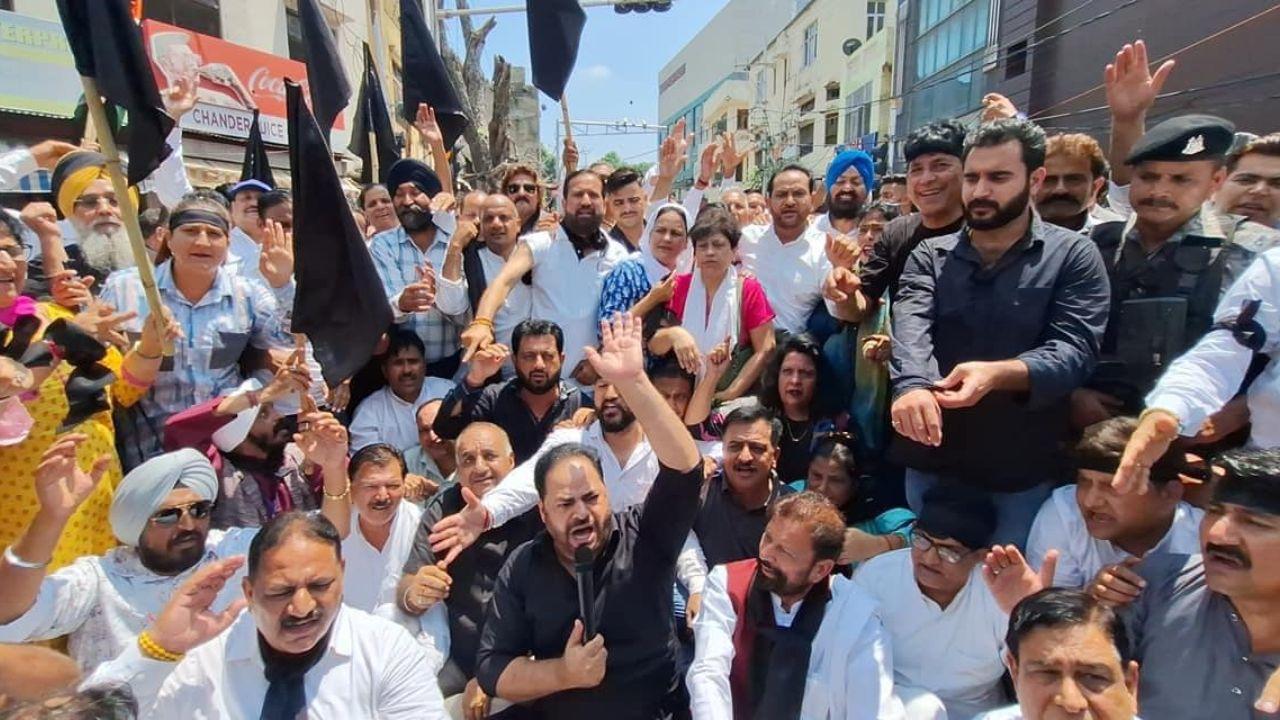
3/9
Former chief minister and PDP president Mehbooba Mufti took to social media to announce her confinement and described August 5, 2019, as a day that stripped Jammu and Kashmir of its special rights.
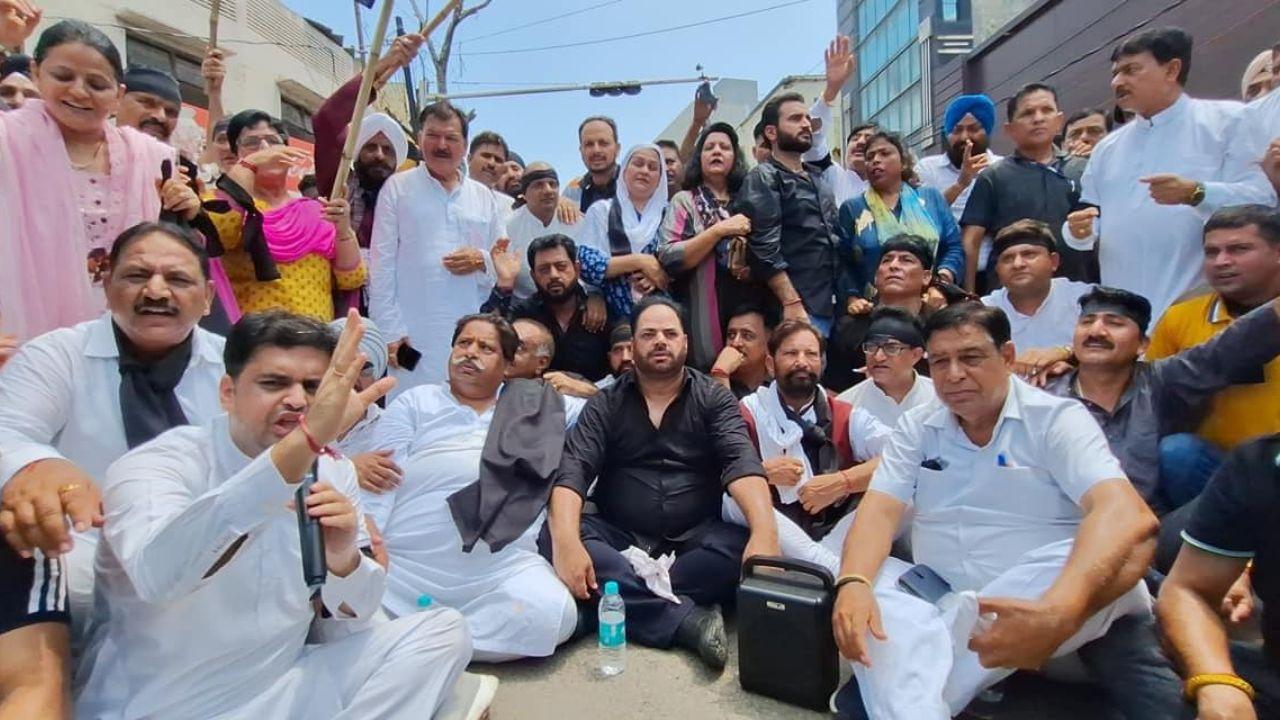
4/9
Veteran politician Farooq Abdullah, a three-time chief minister, was also affected by the house arrests. A police truck was stationed outside his residence, indicating the government`s efforts to restrict opposition activities. Omar Abdullah, another National Conference leader, criticised the government`s approach, pointing out the apparent inconsistency between the BJP`s celebrations and the confinement of opposition leaders.
ADVERTISEMENT
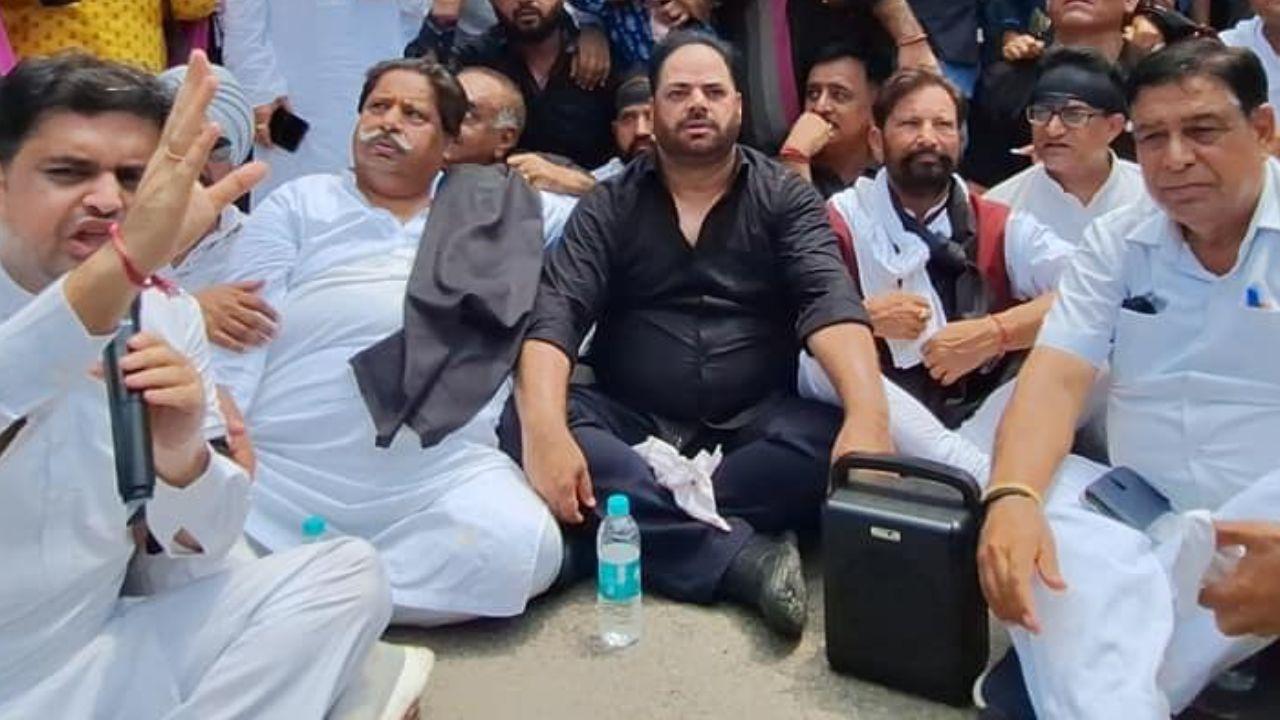
5/9
In Jammu, Congress and PDP leaders rallied together, demanding the restoration of Jammu and Kashmir`s statehood and special status. Congress state chief Vikar Rasool Wani condemned the BJP-led government`s handling of security and labelled August 5 as "the darkest day" in the region`s history, expressing dissatisfaction with the government`s actions since the abrogation.
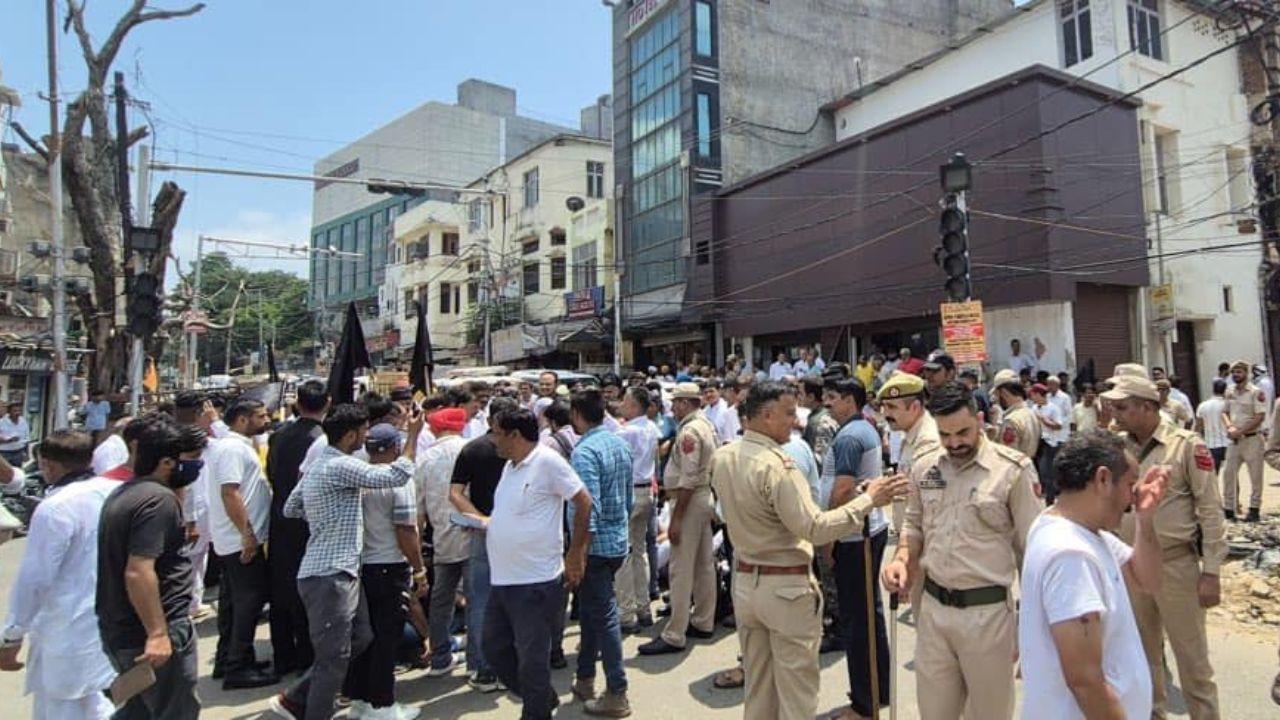
6/9
PDP members organized protests in Jammu’s Gandhinagar area, wearing black badges to symbolise their opposition to the abrogation. They raised slogans against the BJP, further demonstrating their determination to regain Jammu and Kashmir`s special status.
ADVERTISEMENT
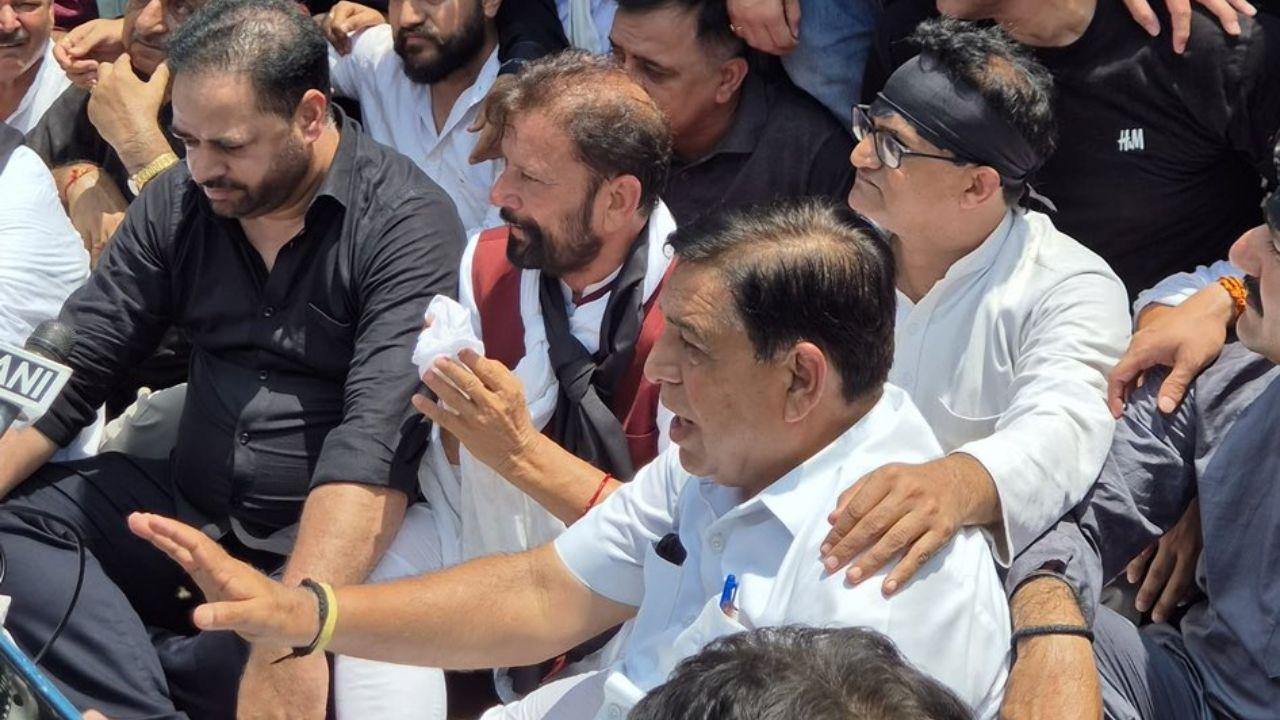
7/9
Despite the protests, a small group of BJP leaders in Srinagar celebrated the anniversary, asserting that the abrogation had led to peace and development in the Union Territory. The BJP’s Kashmir wing claimed improved security and a reduction in violence as evidence of the success of the abrogation, contrasting sharply with the sentiments expressed by opposition parties.

8/9
Critics of the BJP government, including People’s Conference president Sajad Gani Lone, expressed concerns about the ongoing disempowerment of the Kashmiri people. They highlighted the absence of an elected assembly and local governance as significant issues affecting the region’s residents since the reorganisation of Jammu and Kashmir into two Union Territories.
ADVERTISEMENT
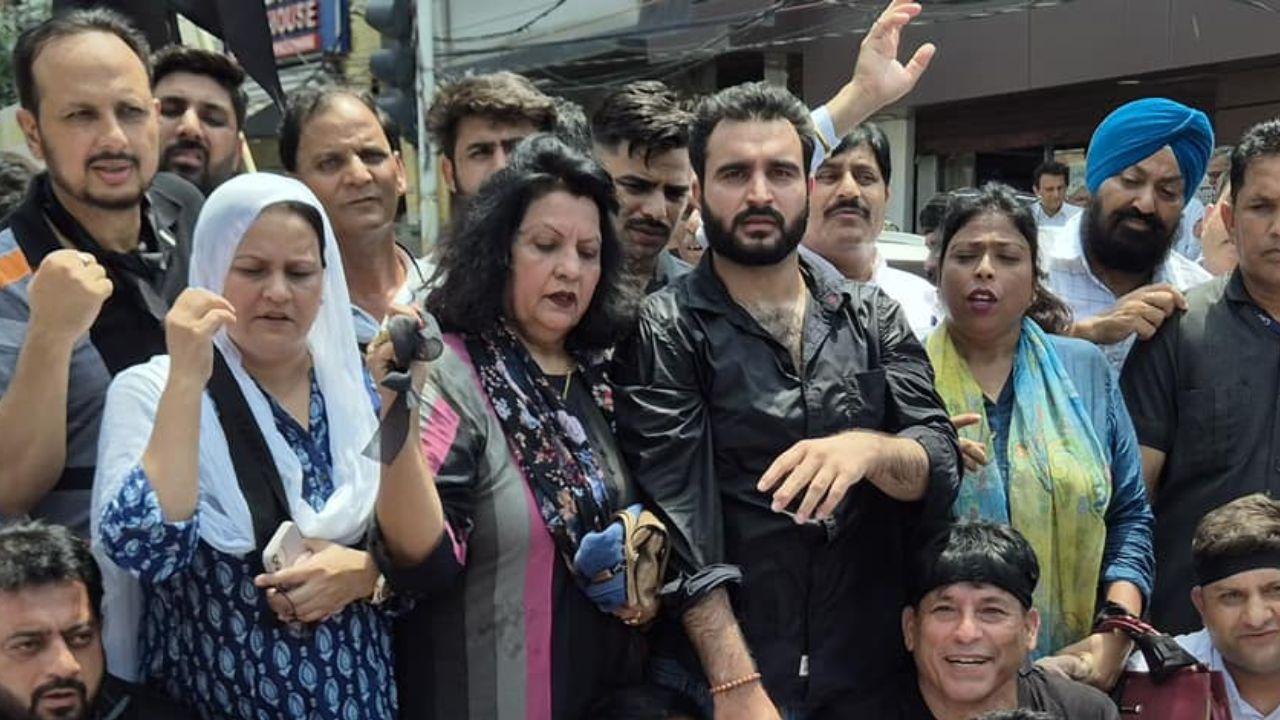
9/9
The National Conference condemned the government`s actions regarding house arrests, describing them as a blatant suppression of dissent. This highlights the government`s ongoing struggle to manage the political unrest in the region while maintaining control over opposition parties and ensuring security during significant anniversaries.


